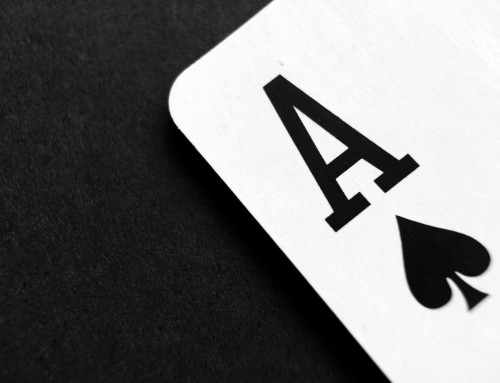The History of Roulette
Roulette is a very common game of gambling that can be found in every casino, whether online or land based. The variety of betting opportunities and play in roulette has helped to make it one of the most popular and abundant forms of gaming available to players of chance.
Roulette is played by having gamblers bet their money on the odds of a ball in a large wheel landing in a pocket. There are 37 or 38 pockets, depending on the version of roulette the gambler is playing. Pockets are numbered 1 to 36 (with one zero or double zeroes constituting the final pockets) and are alternately colored red or black. Players who make a winning bet receive odds of 35 to win, and also recover their original bet. Bets can be placed in a variety of ways, on individual numbers, colors, or combinations, ranges, odds, or evens.
Blaise Pascal invented the first roulette wheel. Pascal was a mathematician, and the invention has been attributed to his fascination with perpetual motion devices. Originally, the roulette wheel did not include the number 0, but it was added by the Blanc brothers (Louis and Francois) in 1842 in order to increase the house odds. Roulette spread quickly throughout Europe and North America. In the United States, American Roulette was invented when the double zero was added to the wheel, sometimes substituted with the American Eagle. Roulette was among the first casino games, as it was Blanc himself who established the first casino in the famous Monte Carlo resort area. Roulette is also invariably tied in to the portrayal of gambling as evil, as the addition of all the numbers on the roulette wheel (1 to 36) the number is that of the Beast of Revelation story, 666.
Keep in mind while you are gambling that it was a mathematician who invented the roulette wheel, and that he knew that in order to gain a profit the house would have to take the majority of the money. Another, perhaps more famous, mathematician is known to have decried the game of roulette; Albert Einstein has been quoted as saying “You cannot beat a roulette table unless you steal money from it.”
Despite detractors, many gamblers continue to hope that they odds will favor them when it comes to the wheel. Many try variations on the Martingale Betting Strategy, wherein a losing bet is doubled in the next round in order that the original amount is recouped while the original bet is still gained. This strategy can potentially lead to a disastrous financial loss.
Regardless of the chances an individual has at winning in roulette, there are always at least a few payouts and the game has so many variations that it can be a fun experience. As in any game of chance, the key to roulette is knowing when to draw the line and get up from the table.




